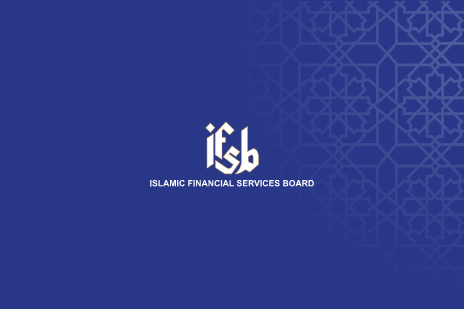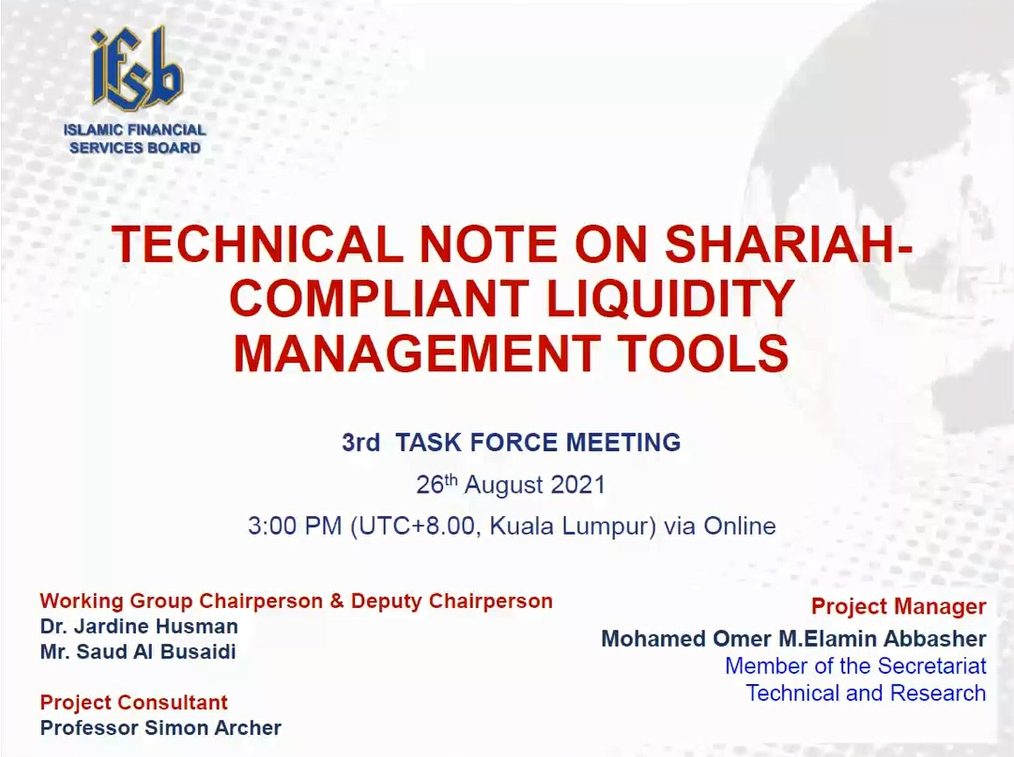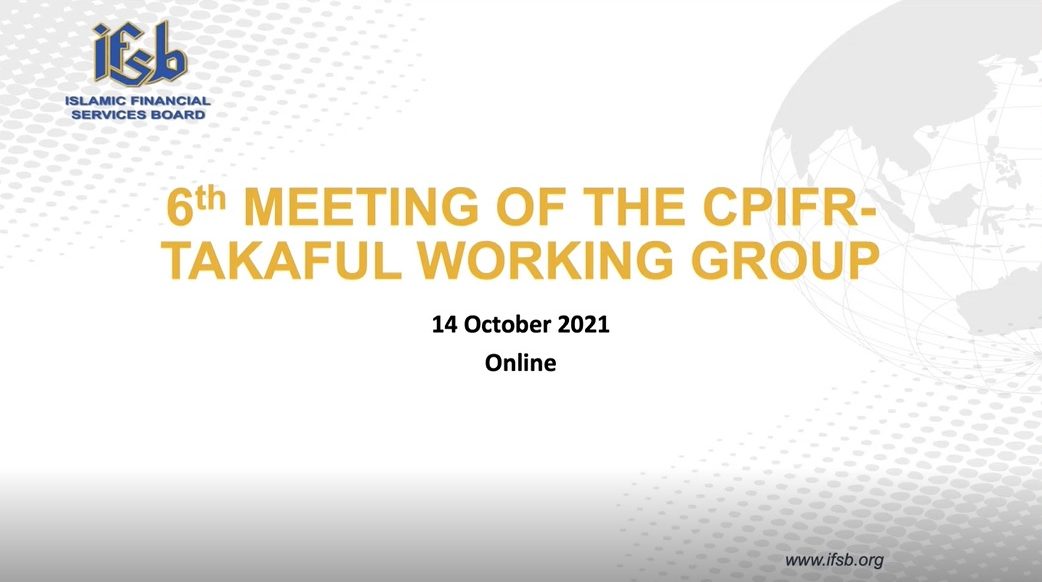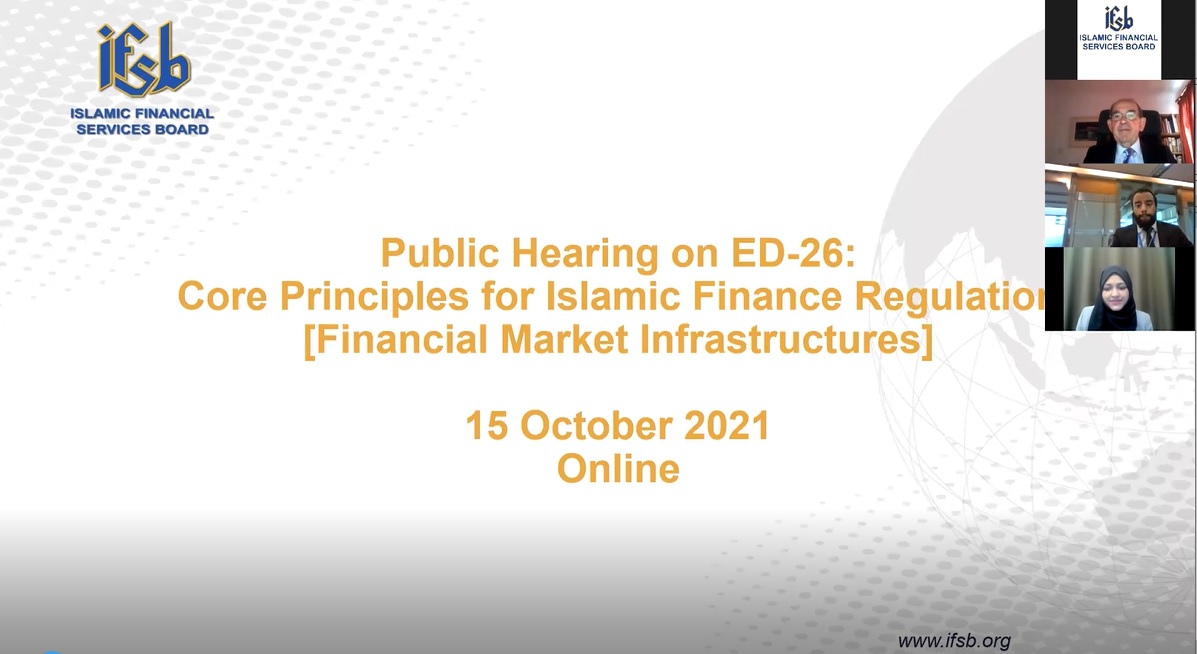
Joint IFSB-CMA Saudi Arabia Seminar On Islamic Capital Market
Kuala Lumpur Kuala Lumpur, Malaysia, MalaysiaType: Seminar Target Audience: Senior Management from Regulatory and Supervisory Authorities and Market Players Duration: 4 hours Program Overview: The pandemic has unexceptionally affected all economic and financial sectors globally, including the Islamic financial services sector. Given the ongoing uncertainty created by the pandemic and the potential risks it poses for economic growth and financial stability, protecting investors against possible market failures, as well as enhancing transparency and information available to investors are essential in regaining investor trust and confidence in the Islamic capital markets, which is in turn, crucial to prevent any deterioration of market conditions. Many market failures directly impact investors, including asymmetry of information, agency problems or detrimental conflicts of interest. They may affect the functioning of the market and contribute to the perception that capital markets are an unsafe environment. Thus, it is imperative for policy makers and regulators to address these issues through regulatory intervention, in order to rebuild investor confidence during volatile market conditions and to effectively address possible market failures that could impact the level of protection of investors. Better protected investors are also likely to make more informed investment decisions and be less prone to react irrationally to market events or follow “herd behavior” which are disruptive for financial markets and the economy as a whole. Thus, transparency and investor protection can be seen as factors that ultimately contribute to the stability of financial markets. The seminar therefore aims to increase awareness of the importance of investor protection and transparency in fostering investor confidence and ultimately the sustainability and stability of the Islamic capital markets and to provide a platform to discuss critical policy issues arising in the context of the current global financial environment. Objectives The seminars’ main objectives are to: Address Islamic finance-specific issues in relation to investor protection. Discuss best practices for investor protection in the ICM and the elements of a robust investor protection framework. Highlight best practices and guidelines on disclosure requirements for ICM products, specifically for ṣukūk and Islamic collective investment schemes (ICIS). Identify issues arising from the current global environment, and share policy actions taken by various regulators and policy makers to address emerging challenges and issues. Programme Outcome At the end of the seminar, participants will have a comprehensive understanding on investor protection and disclosure requirements to strengthen investor confidence and improve financial market performance. The seminar will be structured around guidance from IFSB standards, as well as experiences from the industry. Participants will be able to takeaway insights on the various policy approaches and best practices in different jurisdictions to address new and emerging issues related to investor protection and transparency in light of the new global realities. Programme Approach Discussion on the best market practices and regulatory challenges Interactive discussions on a wide array of issues on investor protection and transparency in the ICM Event Snapshots:


